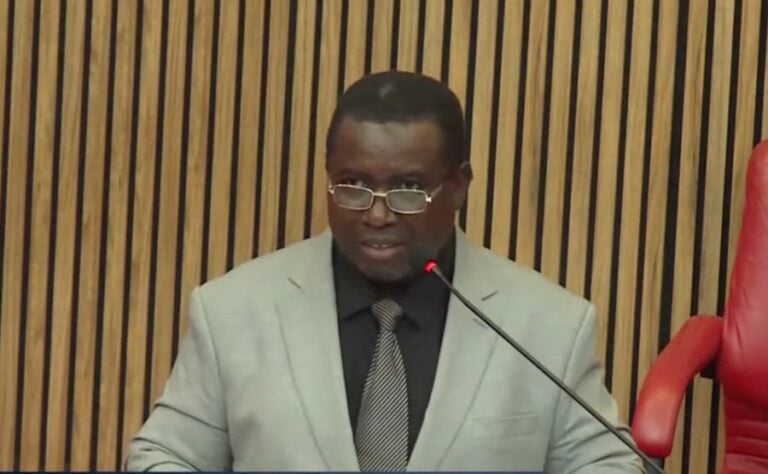
Samuel Omang
The newly nominated Chairman of the Independent National Electoral Commission (INEC), Professor Joash Amupitan, has unveiled plans for comprehensive reforms in Nigeria’s electoral process, pledging to prioritise logistics, security, and technological innovation if confirmed by the Senate.
Speaking during his screening on Thursday at the National Assembly, Amupitan addressed several critical issues raised by lawmakers, ranging from election security and logistics to the perennial debate over local government polls.
Election Logistics and Security
Amupitan lamented the poor state of vehicles and infrastructure used to transport sensitive election materials, stressing the need for urgent investment in logistics. He recalled a personal experience from the 2023 elections when his wife, who served as a collation officer, had to rely on a generator due to power failure at a polling centre.
“My wife was a collation officer, and we had to provide a generator because there was no light,” he told the Senate.
“Some of the vehicles used to transport sensitive materials are in bad shape. We must review and strengthen logistics to ensure efficiency and safety.”
Responding to questions from Senator Orji Uzor Kalu (Abia North) on how he intends to improve security around election materials, Amupitan proposed the use of drones and other surveillance devices to monitor election logistics and ensure transparency.
“The issue of security is a major challenge, but it can be tackled,” he said.
“We will work closely with the joint committee on election security and invest more in logistics — even if it means deploying drones — to make sure materials get to their destinations safely.”
INEC’s Possible Takeover of Local Government Elections
Addressing the long-standing call for INEC to take over the conduct of Local Government elections from state electoral commissions, Amupitan said the idea would be examined, though it presents significant logistical and administrative challenges.
“The view of many Nigerians is that INEC should take over local government elections because of what is happening in the states,” he admitted.
“However, it will also impose an additional burden on INEC since the commission would have to conduct elections in over 700 local government areas. We will look into it, but I cannot give a definitive answer for now.”
Commitment to Reform and Integrity
Amupitan assured the Senate that under his leadership, INEC would focus on transparency, institutional integrity, and the adoption of modern technology to improve the credibility of future elections.
He also expressed readiness to collaborate with security agencies, civil society, and political parties to rebuild public confidence in the electoral process.
His nomination by President Bola Tinubu follows the exit of Professor Mahmood Yakubu, who completed his two constitutionally allowed terms as INEC Chairman. Tinubu formally requested the Senate’s confirmation of Amupitan’s appointment in a letter read by Senate President Godswill Akpabio on Monday, October 14.
